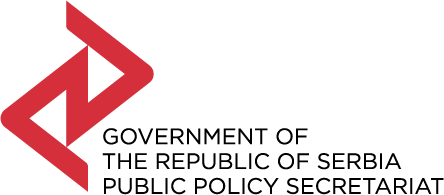Government of the Republic of Serbia adopted Economic Reform Programme” – (ERP) for 2023-2025, the most important strategic document in the economic dialogue with the European Commission and the member states of the European Union (EU) on 26 January 2023.
The ninth ERP development cycle was completed on schedule and submitted to the European Commission on 31 January 2023.
As in the previous cycles, the document provides an overview of macroeconomic, fiscal and monetary policy, and in accordance with the guidelines of the European Commission, it defines the main structural challenges for competitiveness, and sustainable and inclusive growth at the central level, organized in the following thirteen areas in order to provide a broad overview of socio-economic challenges, namely: public finance management, green transition, digital transformation, business environment and reduction of grey economy, research, development and innovation, economic integration reforms, energy market reforms, transport market reforms, agriculture, industry and services, education and skills, employment and labour market, social protection and inclusion and health care system.
Within the mentioned areas, three key challenges have been identified thus ranking them as priorities which implies a clear commitment to solving them at the highest level in the next three-year period, namely: increasing employment, especially of the young, women and vulnerable groups and social protection against poverty, creating a more favourable business environment for investments, greening the power sector and full energy market opening.
The implementation of the reforms identified in the document is important both for improving competitiveness, encouraging new jobs and facilitating social inclusion, as well as for meeting the economic criteria in the EU accession process.
The Ministry of Finance, the Public Policy Secretariat, the National Bank of Serbia, as well as numerous members of the interdepartmental Working Group for the preparation and monitoring of ERP implementation, take part in the drafting of the document. Representatives of civil society, the professionals and the business community were also involved in the process of drafting the document, and they had the opportunity to influence the drafting of the document and make suggestions for its improvement. A special annex to the document was created based on consultations with representatives of interested parties.
The ERP 2023-2025 is to be discussed with the representatives of European institutions in the first half of 2023, after which the economic dialogue frameworks are adopted at the meeting of the EU Council for Economic and Financial Affairs (ECOFIN Council) and new joint recommendations for the Western Balkans and Turkey.

